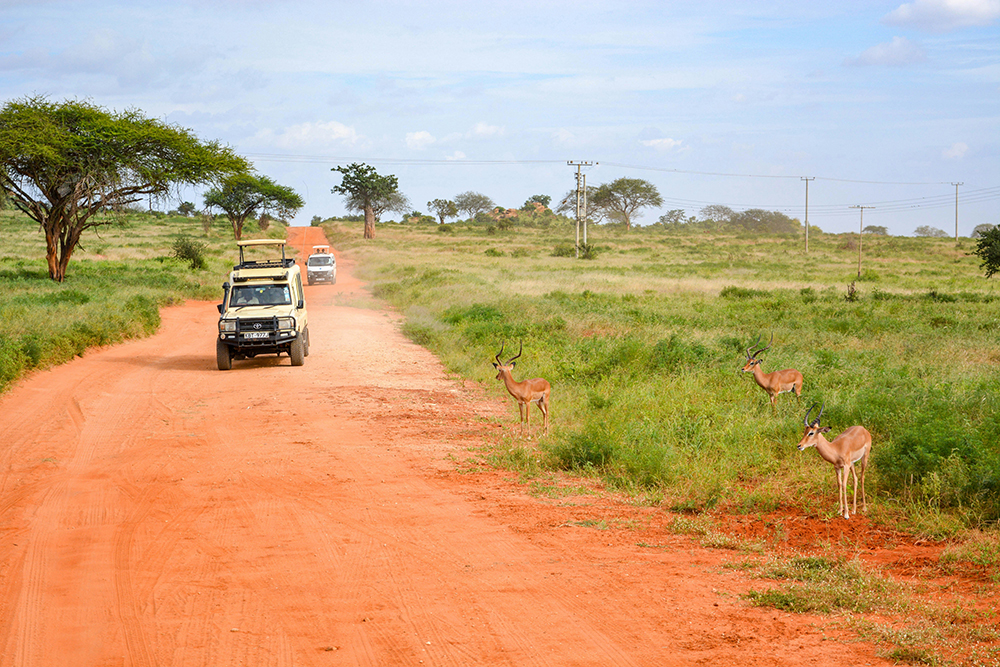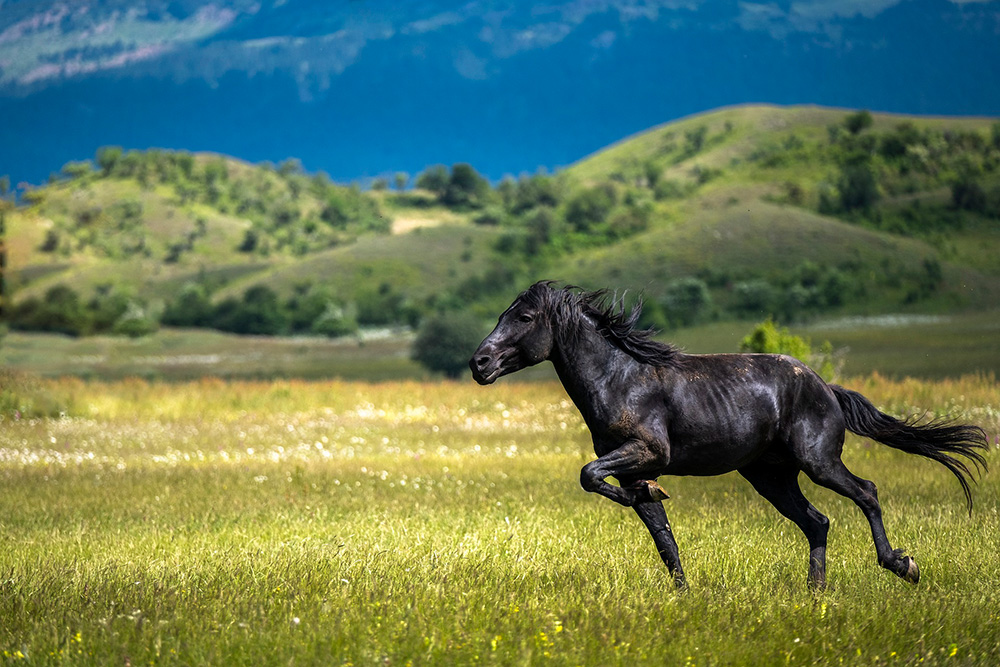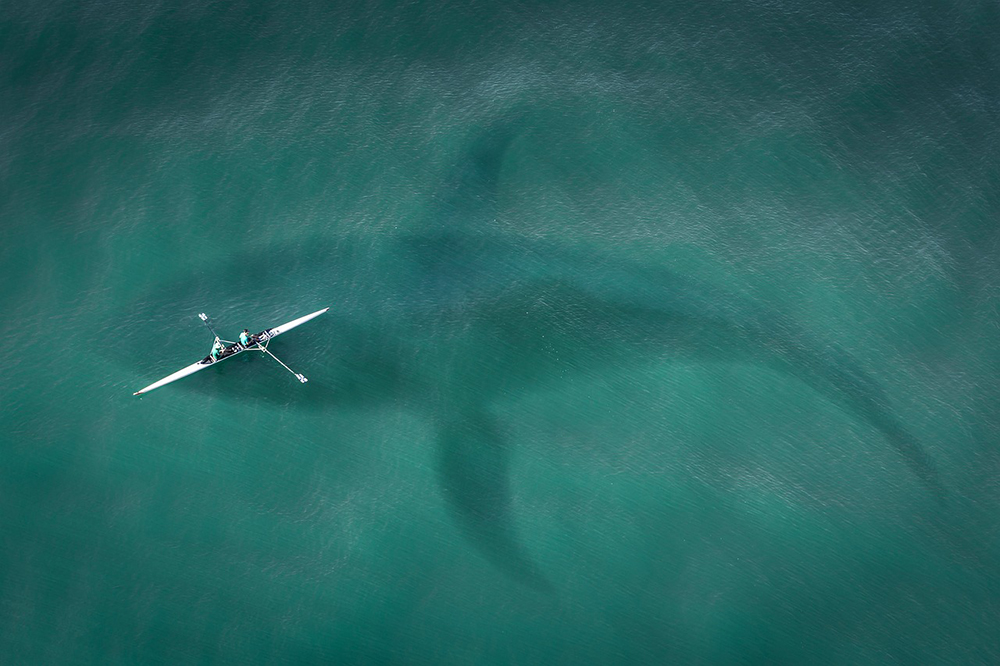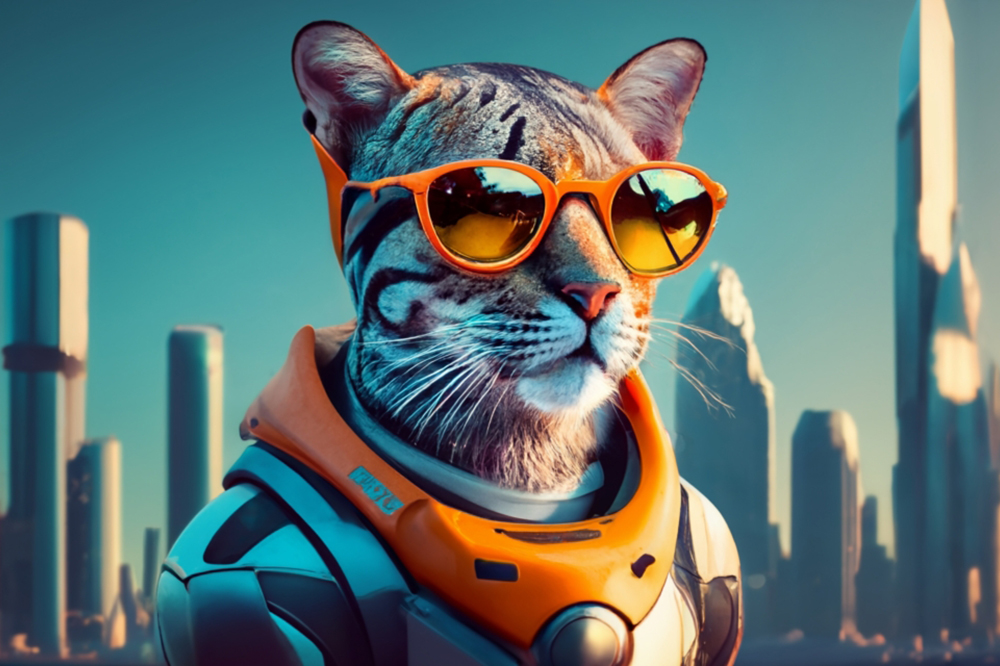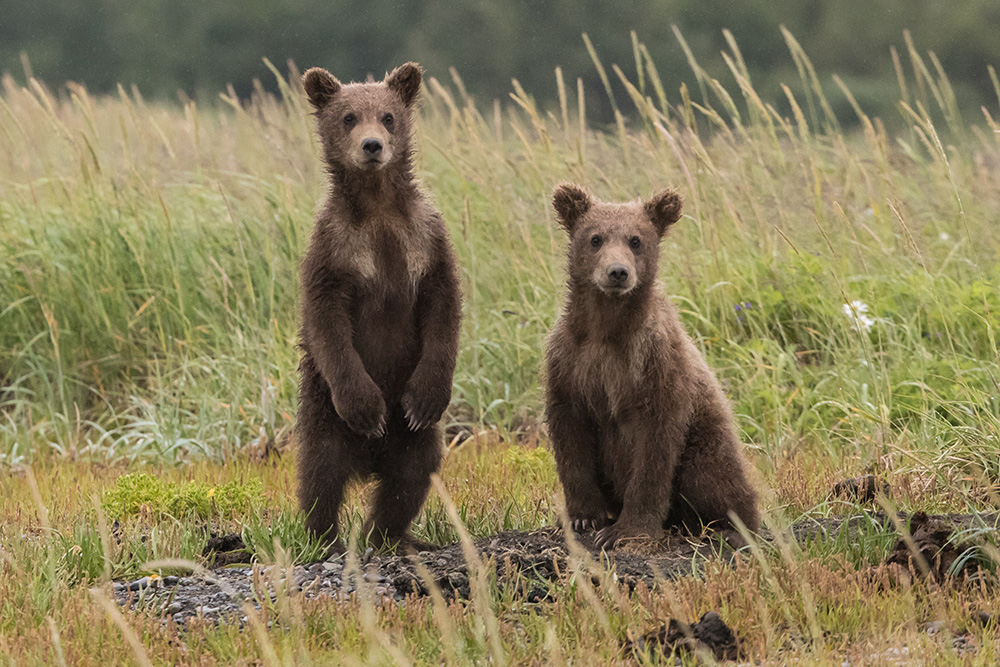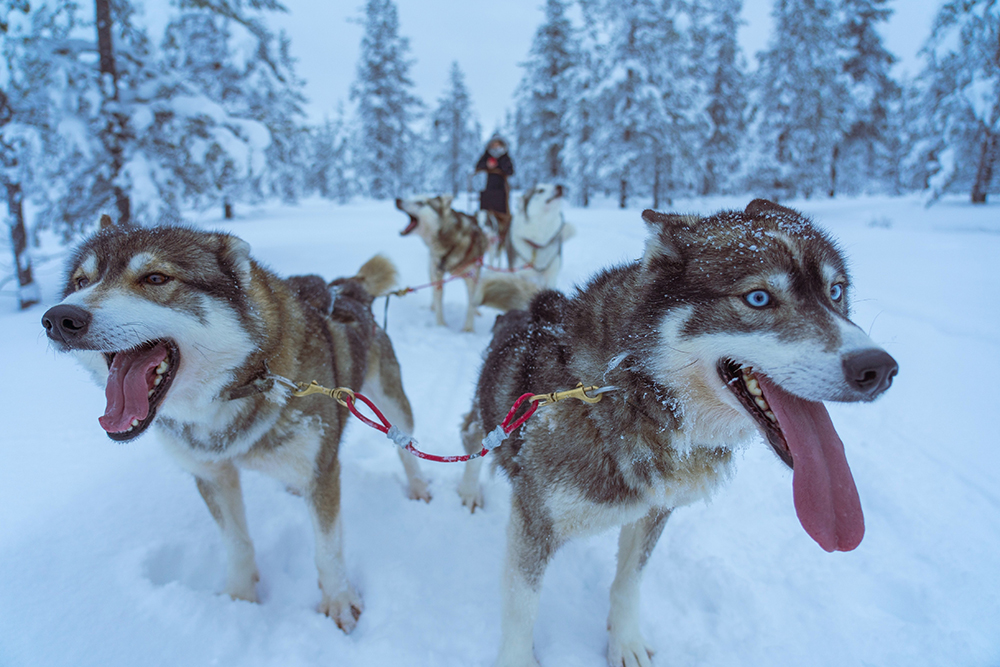Since 2012, Oliver Bendel has developed 13 concepts and artifacts in the field of animal-computer interaction (ACI) or animal-machine interaction (AMI) together with his students. They can be divided into three categories. The first are animal- and nature-friendly concepts. The second are animal-friendly machines and systems (i.e., forms of moral machines). The third are animal-inspired machines and systems that replace the animals or bring them closer to you. Articles and book chapters have been published on many of the projects. The names of the developers can be found in these. A few prototypes made it into the media, such as LADYBIRD and HAPPY HEDGEHOG. Oliver Bendel repeatedly refers to Clara Mancini, the pioneer in the field of animal-computer interaction. Recently, ethicists such as Peter Singer have also turned their attention to the topic.
Awards at ACI ’24
The “Proceedings of the International Conference on Animal-Computer Interaction 2024” were published at the end of November 2024, a few days before the conference in Glasgow. The following papers received awards: “Wireless Tension Sensors for Characterizing Dog Frailty in Veterinary Settings” by Colt Nichols (North Carolina State University), Yifan Wu (North Carolina State University), Alper Bozkurt, David Roberts (North Carolina State University) and Margaret Gruen (North Carolina State University): Best Paper Award; “Communication Functions in Speech Board Use by a Goffin’s Cockatoo: Implications for Research and Design” by Jennifer Cunha (Indiana University), Corinne Renguette (Perdue University), Lily Stella (Indiana University) and Clara Mancini (The Open University): Honourable Mention Award; “Surveying The Extent of Demographic Reporting of Animal Participants in ACI Research” by Lena Ashooh (Harvard University), Ilyena Hirskyj-Douglas (University of Glasgow) and Rebecca Kleinberger (Northeastern University): Honourable Mention Award; “Shelling Out the Fun: Quantifying Otter Interactions with Instrumented Enrichment Objects” by Charles Ramey (Georgia Institute of Technology), Jason Jones (Georgia Aquarium), Kristen Hannigan (Georgia Aquarium), Elizabeth Sadtler (Georgia Aquarium), Jennifer Odell (Georgia Aquarium), Thad Starner (Georgia Institute of Technology) and Melody Jackson (Georgia Institute of Technology): Best Short Paper Award; “The Animal Whisperer Project” by Oliver Bendel (FHNW School of Business) and Nick Zbinden (FHNW School of Business): Honourable Mention Short Paper Award.
When Animals Meet Machines
The manuscript of the book “Non-Human Animals, Ethics and Engineering” (alternative title “Animals, Ethics and Engineering”) was sent to the publisher Jenny Stanford in May 2024. It contains 16 chapters on this topic, including by Clara Mancini (“Animal-Centered Technology and Sustainable Development”), Fiona French (“Designing and Crafting Systems for Non-Human Animals”), and Leonie Bossert together with Thilo Hagendorff (“Animals and AI: The Role of Animals in AI Research and Application”). In “An Investigation into the Encounter Between Social Robots and Animals” (Chapter 12), Oliver Bendel “delves into the evolving landscape of social robots designed to interact with animals, dissecting the intricate dynamics of these interactions and their ethical ramifications” (Information from the editors). The philosopher of technology also presents his own projects, such as concepts and prototypes of animal-friendly machines, developed in the context of machine ethics, animal-machine interaction, and social robotics. The editors are Rosalyn W. Berne and Madeline A. Kibler from the University of Virginia. The book is scheduled for publication in late summer or fall 2024.
The Animal Whisperer
When humans come into contact with wildlife, farm animals, and pets, they sometimes run the risk of being injured or killed. They may be attacked by bears, wolves, cows, horses, or dogs. Experts can use an animal’s body language to determine whether or not danger is imminent. Context is also important, such as whether a mother cow is with her calves. The multimodality of large language models enables novel applications. For example, ChatGPT can evaluate images. This ability can be used to interpret the body language of animals, thus using and replacing expert knowledge. Prof. Dr. Oliver Bendel, who has been involved with animal-computer interaction and animal-machine interaction for many years, has initiated a project called “The Animal Whisperer” in this context. The goal is to create a prototype application based on GenAI that can be used to interpret the body language of an animal and avert danger for humans. GPT-4 or an open source language model should be used to create the prototype. It should be augmented with appropriate material, taking into account animals such as bears, wolves, cows, horses, and dogs. Approaches may include fine-tuning or rapid engineering. The project will begin in March 2024 and the results will be available in the summer of the same year (Image: DALL-E 3).
New Channel on Animal Law and Ethics
The new YouTube channel “GW Animal Law Program” went online at the end of November 2023. It collects lectures and recordings on animal law and ethics. Some of them are from the online event “Artificial Intelligence & Animals”, which took place on 16 September 2023. The speakers were Prof. Dr. Oliver Bendel (FHNW University of Applied Sciences Northwestern Switzerland), Yip Fai Tse (University Center for Human Values, Center for Information Technology Policy, Princeton University), and Sam Tucker (CEO VegCatalyst, AI-Powered Marketing, Melbourne). Other videos include “Tokitae, Reflections on a Life: Evolving Science & the Need for Better Laws” by Kathy Hessler, “Alternative Pathways for Challenging Corporate Humanewashing” by Brooke Dekolf, and “World Aquatic Animal Day 2023: Alternatives to the Use of Aquatic Animals” by Amy P. Wilson. In his talk, Oliver Bendel presents the basics and prototypes of animal-computer interaction and animal-machine interaction, including his own projects in the field of machine ethics. The YouTube channel can be accessed at www.youtube.com/@GWAnimalLawProgram/featured.
Artificial Intelligence & Animals
The online event “Artificial Intelligence & Animals” will take place on 16 September 2023. “AI experts and attorneys will discuss the intersection of AI and animals in this UIA Animal Law Commission and GW Animal Law webinar” (Website Eventbrite) Speakers are Prof. Dr. Oliver Bendel (FHNW University of Applied Sciences and Arts Northwestern Switzerland), Yip Fai Tse (University Center for Human Values, Center for Information Technology Policy, Princeton University), and Sam Tucker (CEO VegCatalyst, AI-Powered Marketing, Melbourne). Panelists are Ian McDougall (Executive Vice President and General Counsel, LexisNexis London), Jamie McLaughlin (Animal Law Commission Vice President, UIA), and Joan Schaffner (Associate Professor of Law, George Washington University). Oliver Bendel “has been thinking on animal ethics since the 1980s and on information and machine ethics since the 1990s”. “Since 2012, he has been systematically researching machine ethics, combining it with animal ethics and animal welfare. With his changing teams, he develops animal-friendly robots and AI systems.” (Website Eventbrite)
ACI 2022 Proccedings
The ACI took place from 5 to 8 December 2022 in Newcastle upon Tyne. It is the world’s leading conference on animal-computer interaction. The proceedings were published in the ACM Library on March 30, 2023. They include the paper “A Face Recognition System for Bears: Protection for Animals and Humans in the Alps” by Oliver Bendel and Ali Yürekkirmaz. From the abstract: “Face recognition, in the sense of identifying people, is controversial from a legal, social, and ethical perspective. In particular, opposition has been expressed to its use in public spaces for mass surveillance purposes. Face recognition in animals, by contrast, seems to be uncontroversial from a social and ethical point of view and could even have potential for animal welfare and protection. This paper explores how face recognition for bears (understood here as brown bears) in the Alps could be implemented within a system that would help animals as well as humans. It sets out the advantages and disadvantages of wildlife cameras, ground robots, and camera drones that would be linked to artificial intelligence. Based on this, the authors make a proposal for deployment. They favour a three-stage plan that first deploys fixed cameras and then incorporates camera drones and ground robots. These are all connected to a control centre that assesses images and developments and intervenes as needed. The paper then discusses social and ethical, technical and scientific, and economic and structural perspectives. In conclusion, it considers what could happen in the future in this context.” The proceedings can be accessed via dl.acm.org/doi/proceedings/10.1145/3565995.
Minding Animals 2024
After an hiatus of six years, Minding Animals will return, with a conference tentatively scheduled to be held 11 – 17 July, 2024. This was announced by the organizers in a message dated December 19, 2022. “Just like the postponed 2021 conference, Minding Animals 5 (MAC5) will be hosted by the Centre for Compassionate Conservation (CfCC) in the Transdisciplinary School at the University of Technology, Sydney (UTS).” (Message from Minding Animals International) The organizers refer to the Minding Animals Bulletin 53 regarding the vision of the conference and the preparation of the authors. “We believe that the greatest threat posed to the planet, to all planetary life, human or nonhuman animal, plant or otherwise, including the current pandemic, is the intersection of animal agriculture and the climate crisis. Hence, the urgency and criticality of climate as the key theme.” (Minding Animals Bulletin 53) Possible subtopics include “The biodiversity crisis and climate change”, “Rewilding and compassionate conservation”, “The animal industrial complex”, “Animals, the circular economy and sustainable food systems”, and “Animals in development and food sovereignty”.
Face Recognition for Bears in the Alps
At the end of the ACI conference, the “Paper Session 6” was held, which was titled “Investigating Human-Animal Relations”. Sarah Webber (University of Melbourne) gave a talk on “Watching Animal-Computer Interaction: Effects on Perceptions of Animal Intellect”. In the experiment, people observed orangutans interacting with computer applications. It was examined how they changed their judgments regarding the animals’ intelligence and behavior. The talk that followed came from Alexandra Morgan (Northumbria University) and was titled “Blind dogs need guides too: towards technological support for blind dog caregiving”. She addressed the needs of blind dogs and showed what gadgets are on the market to assist them. Her team developed an app called “My Blind Dogo” that could help owners of blind dogs. The session ended with a talk on “A Face Recognition System for Bears: Protection for Animals and Humans in the Alps” by Oliver Bendel (University of Applied Sciences and Arts Northwestern Switzerland). He presented an integrated system with cameras, robots, and drones that Ali Yürekkirmaz and he had designed. The ACI took place from 5 to 8 December 2022 in Newcastle upon Tyne. It is the world’s leading conference on animal-computer interaction. More information on the conference via www.aciconf.org/aci2022.
Wearables for Sled Dogs
On the last day of the ACI Conference (December 8, 2022), “Session 5: Sensors & Signals, Part II: Electric Boogaloo” started after the lunch break. Carlos Alberto Aguilar-Lazcano (CICESE-UT3) gave a talk on the topic “Towards a monitoring and emergency alarm system activated by the barking of assistant dogs”. The next presentation was “WAG’D: Towards a Wearable Activity and Gait Detection Monitor for Sled Dogs” by Arianna Mastali (Georgia Institute of Technology). According to her, studies have shown orthopedic injuries to be most common among sled dogs. These like to move very much, but repeatedly exceed their capabilities. To solve this problem, the team has developed a technical solution, a special wearable, with the help of which data on the condition of the animals are generated. “Spatial and Temporal Analytic Pipeline for Evaluation of Potential Guide Dogs Using Location and Behavior Data” was the title of the next talk, given by David L. Roberts (North Carolina State University), followed by “Comparing Accelerometry and Computer Vision Sensing Modalities for High-Resolution Canine Tail Wagging Interpretation”, given by Devon Martin (North Carolina State University). More information on the conference via www.aciconf.org/aci2022.
